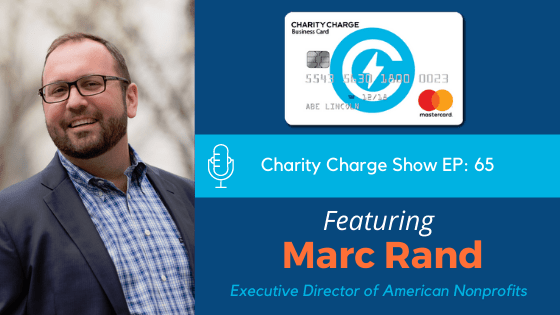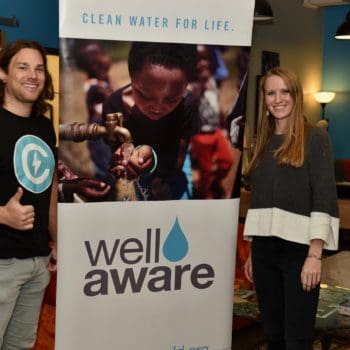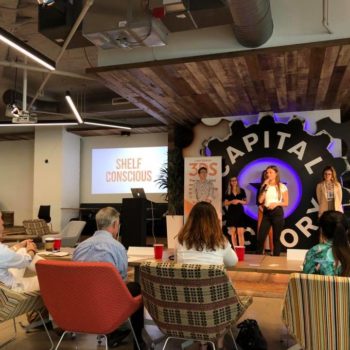In Episode 65 of the Charity Charge Show, Stephen talks with Marc Rand, Managing Partner of Community Capital Advisors and Executive Director of American Nonprofits. Their discussion covers a range of issues in nonprofit finance, including credit unions, community foundations, and donor advised funds.
Marc Rand began his career in commercial banking. After a few years in the corporate world, he did “a little soul cleansing” by joining the Peace Corps, where he helped open credit unions in western Romania. He is the former Program Director for or Loans and Affordable Housing at the Marin Community Foundation, where he developed one of the nation’s first donor development strategies connected to impact investing.
Marc served six years as a Board Member, two as Board Chair, for Opportunity Fund, a small business CDFI micro-loan fund with assets over $75 million. He also manages several nonprofit loan funds, including American Nonprofits and the Nonprofit Insurance Alliance of California’s member loan fund. Marc lives in San Francisco with his partner.
On community foundations and educating donors:
For the most part, many foundations don’t want to say, “You should direct your funds to XYZ, where we’ve got this thing.” They’re trying to meet the donor where the donor is, thinking “What is that long term play? What does that relationship look like? What are those interests? What are the donor’s concerns about the community?” Then the foundation can direct them. There’s a tension right now in foundations and philanthropy in general around this issue. Some foundations are leading with equity, and when I say equity, I’m talking about communities of color and low income communities; the disparity between folks that have money, and folks that may not have money or haven’t been given a fair shake. Some foundations are leading with that concept. But then when they talk with a donor, they don’t want to push the donor away if that’s not really their issue. There’s a kind of a tension there between leading a donor and also meeting them where they’re at. Because a community foundation, and foundations in general, are also businesses. It’s about meeting the donor where the donor is and educating them. Everybody wants to know what’s going on in their community. The better educated a donor is, the better the decisions they make.
Interested in listening to the full episode and hearing more from other nonprofits? Check out more episodes here Charity Charge Show





